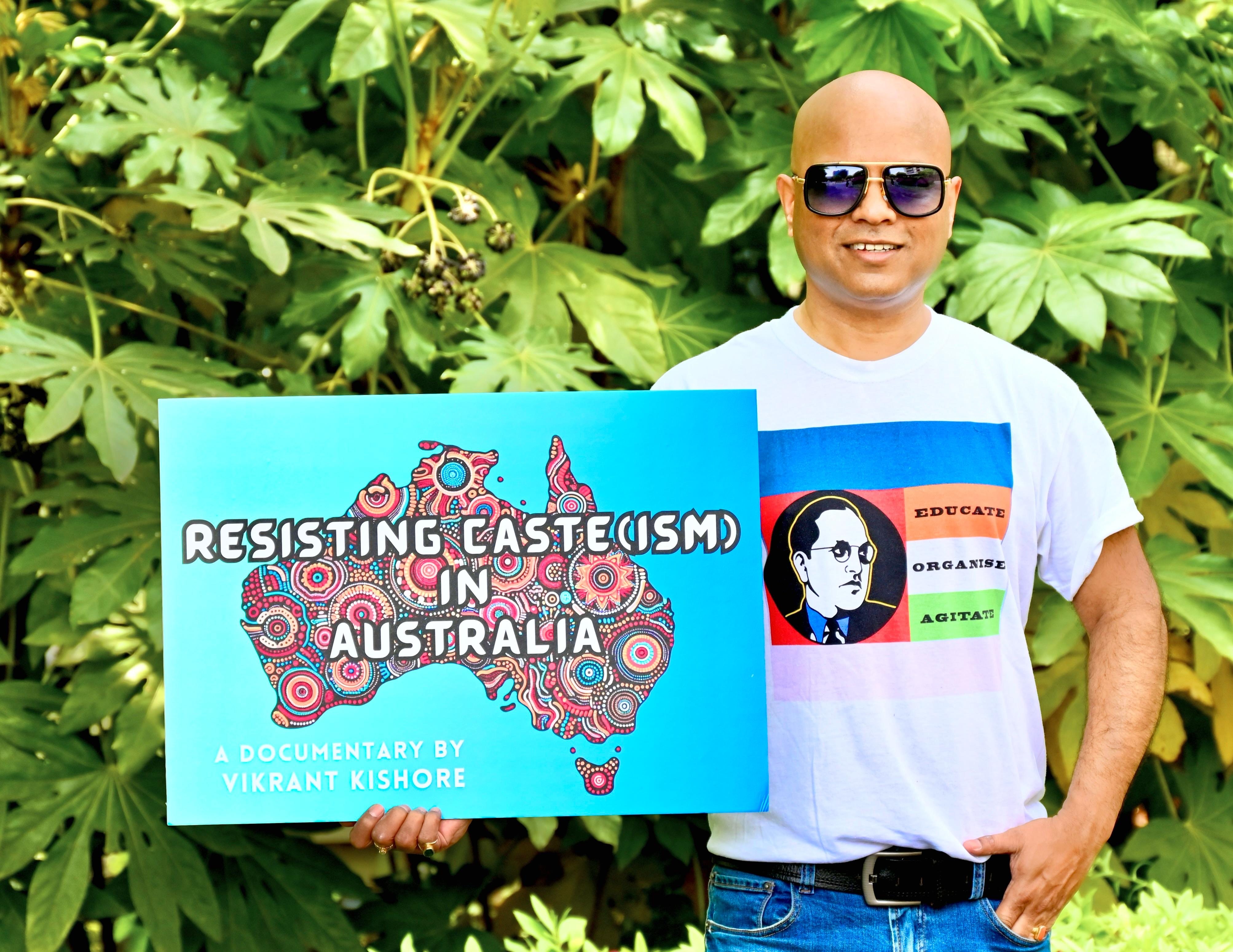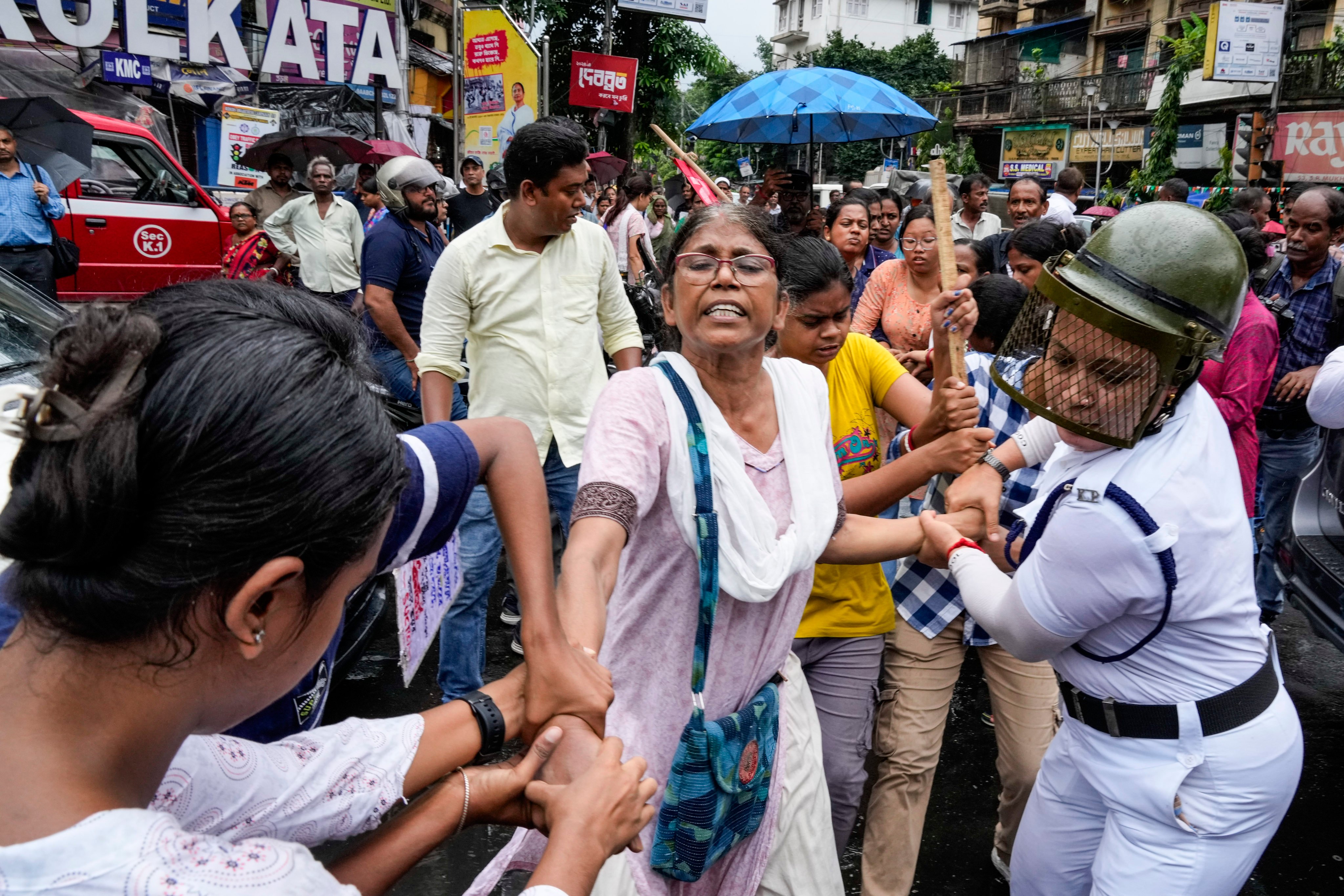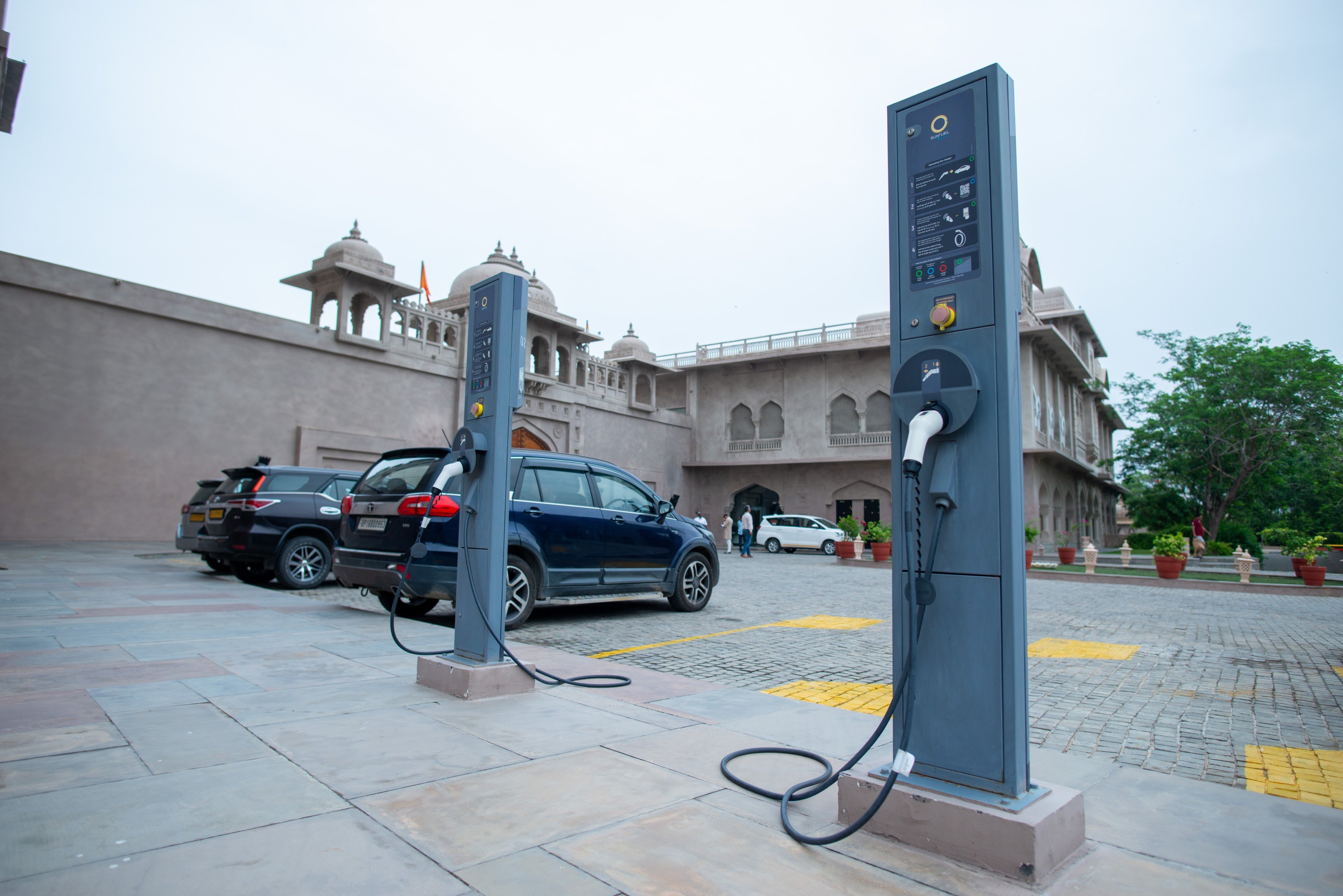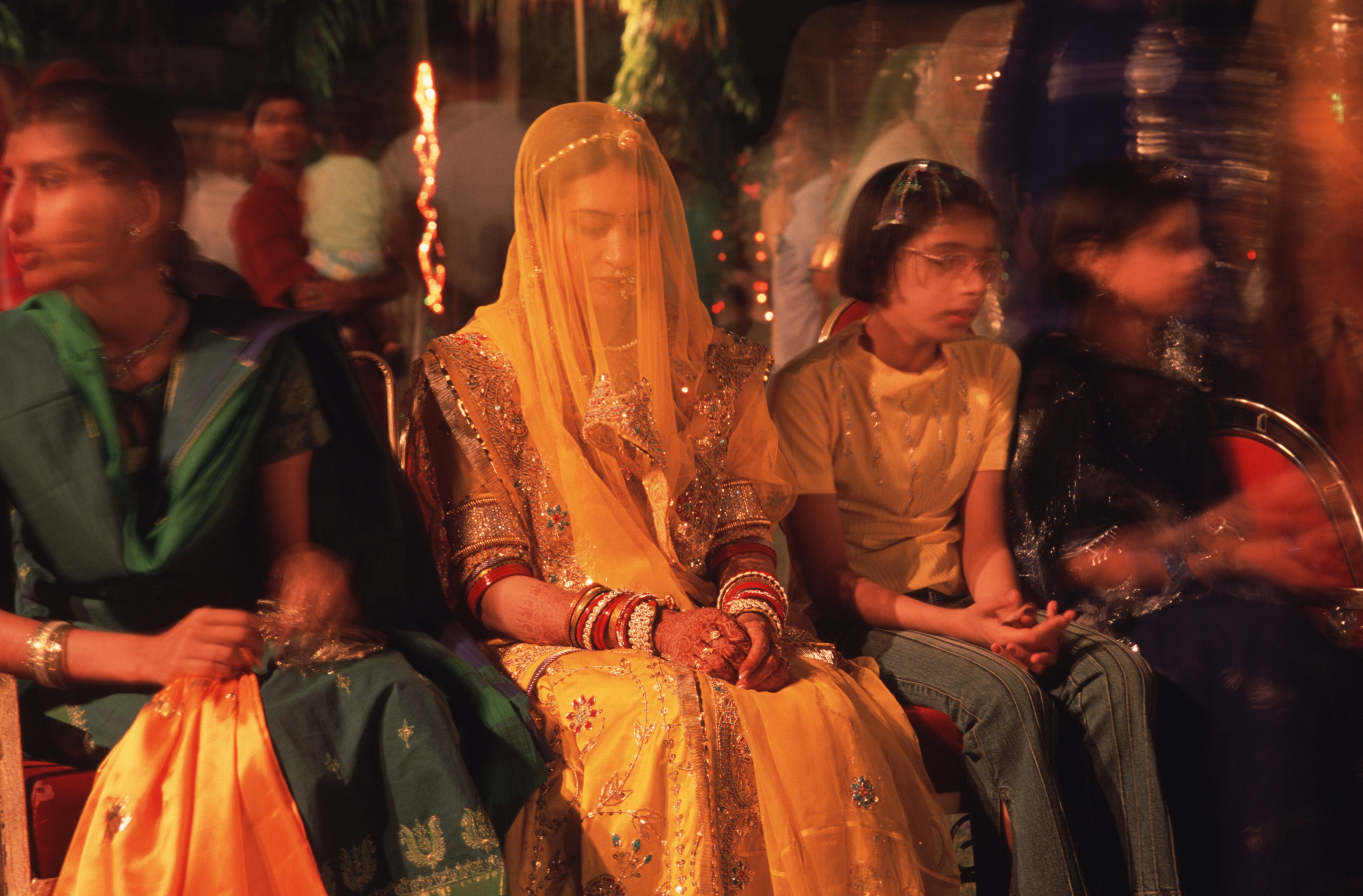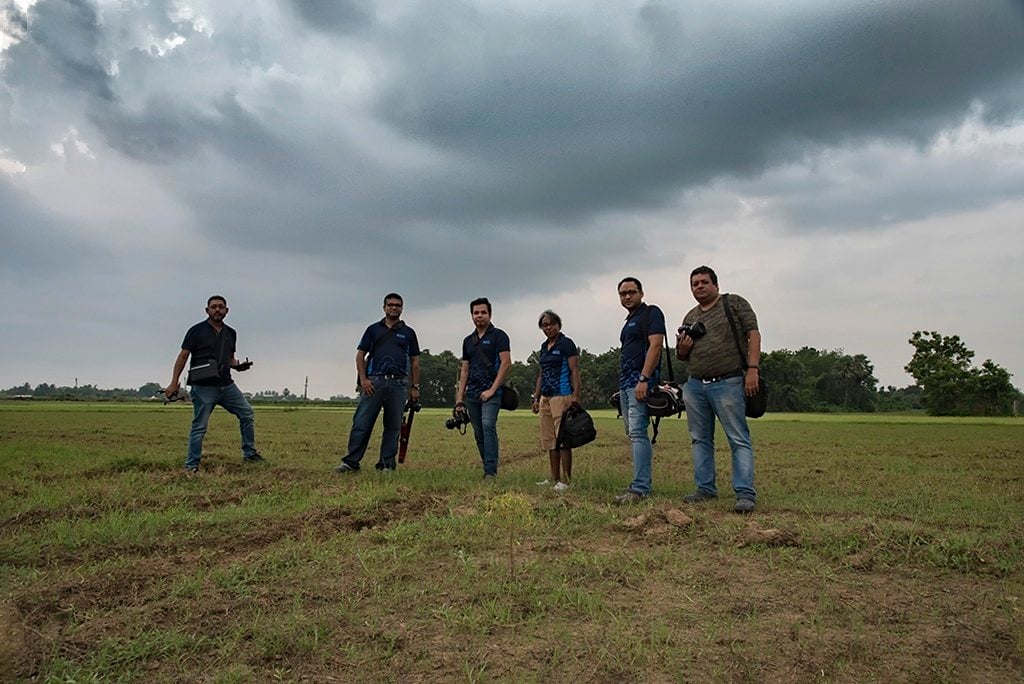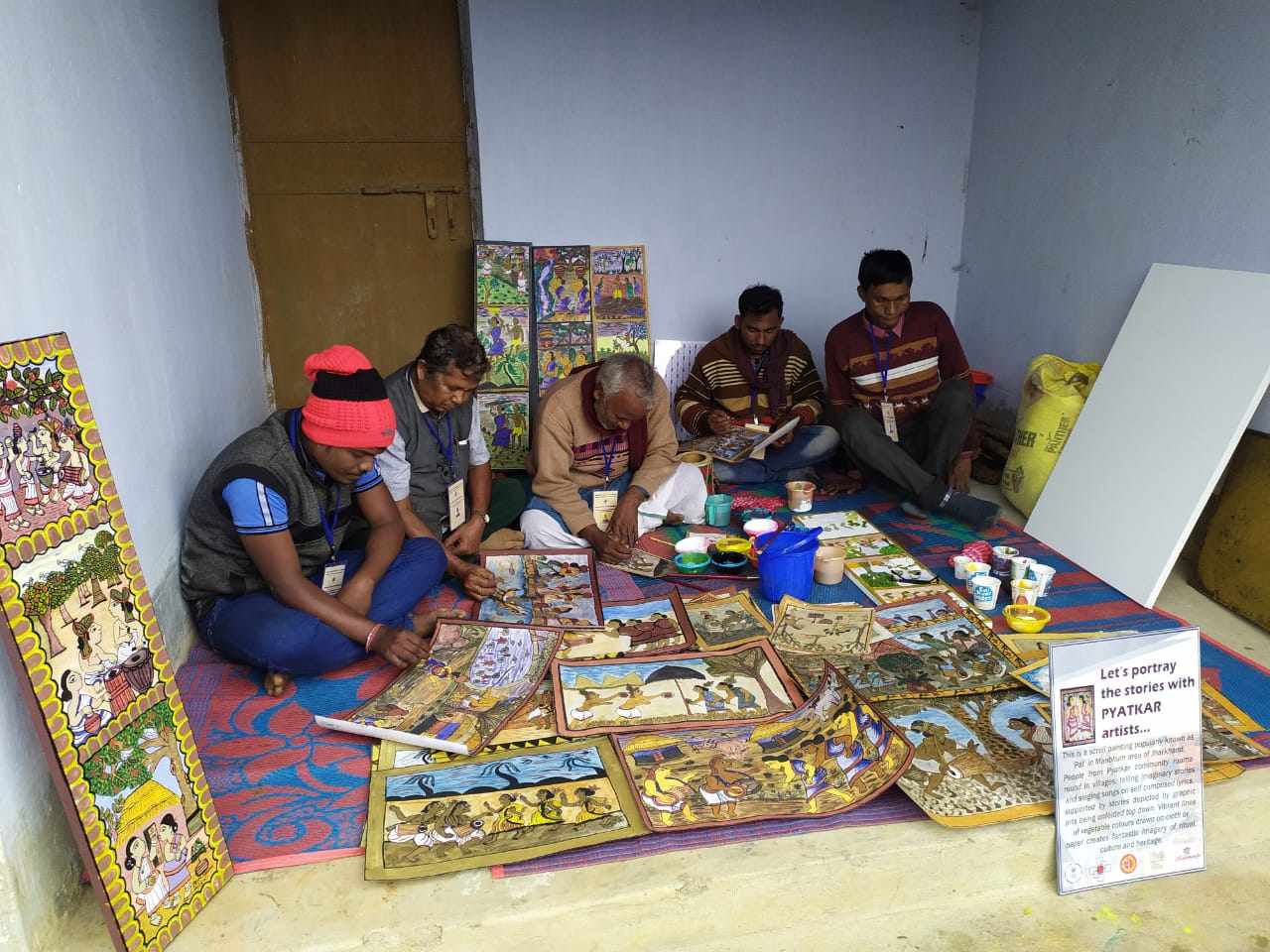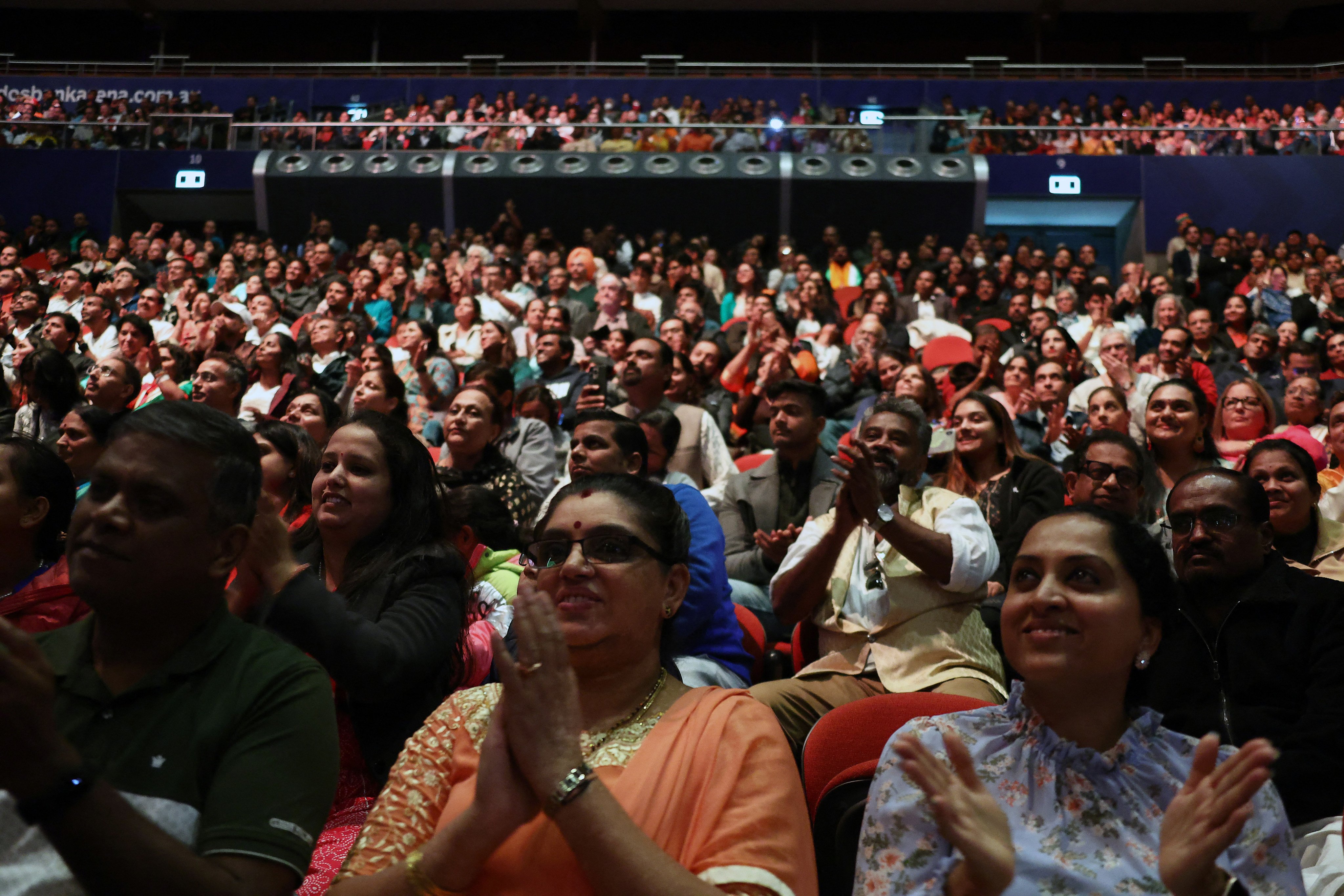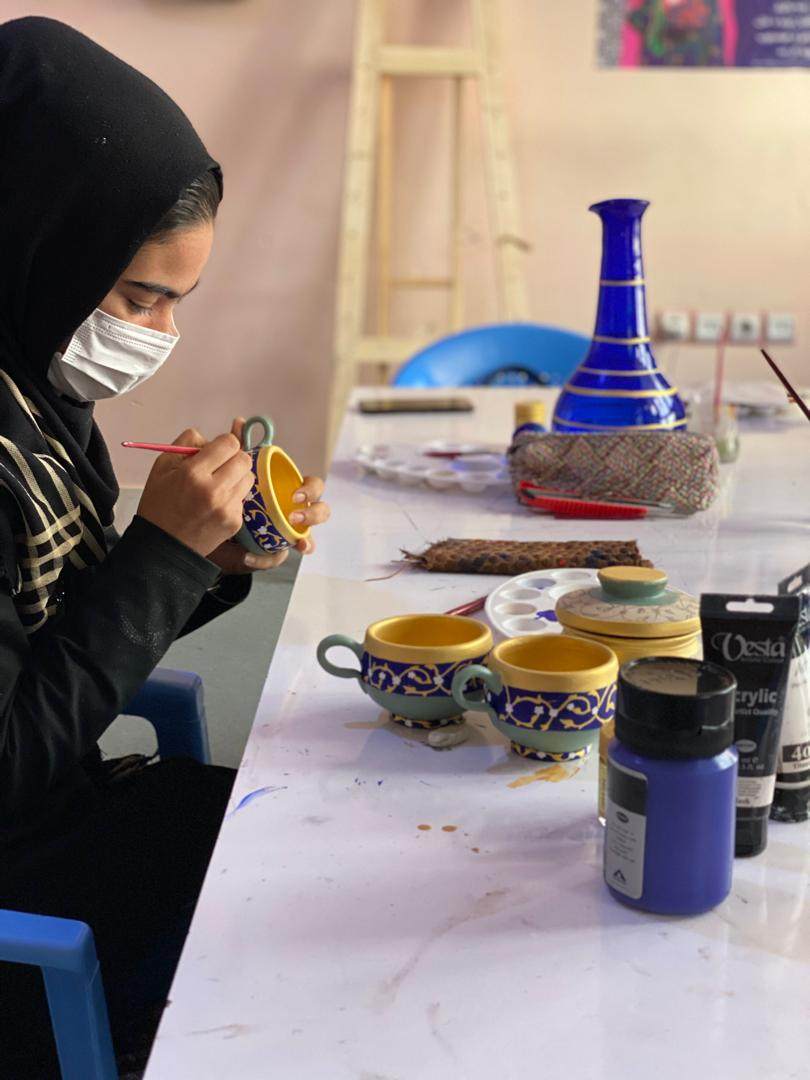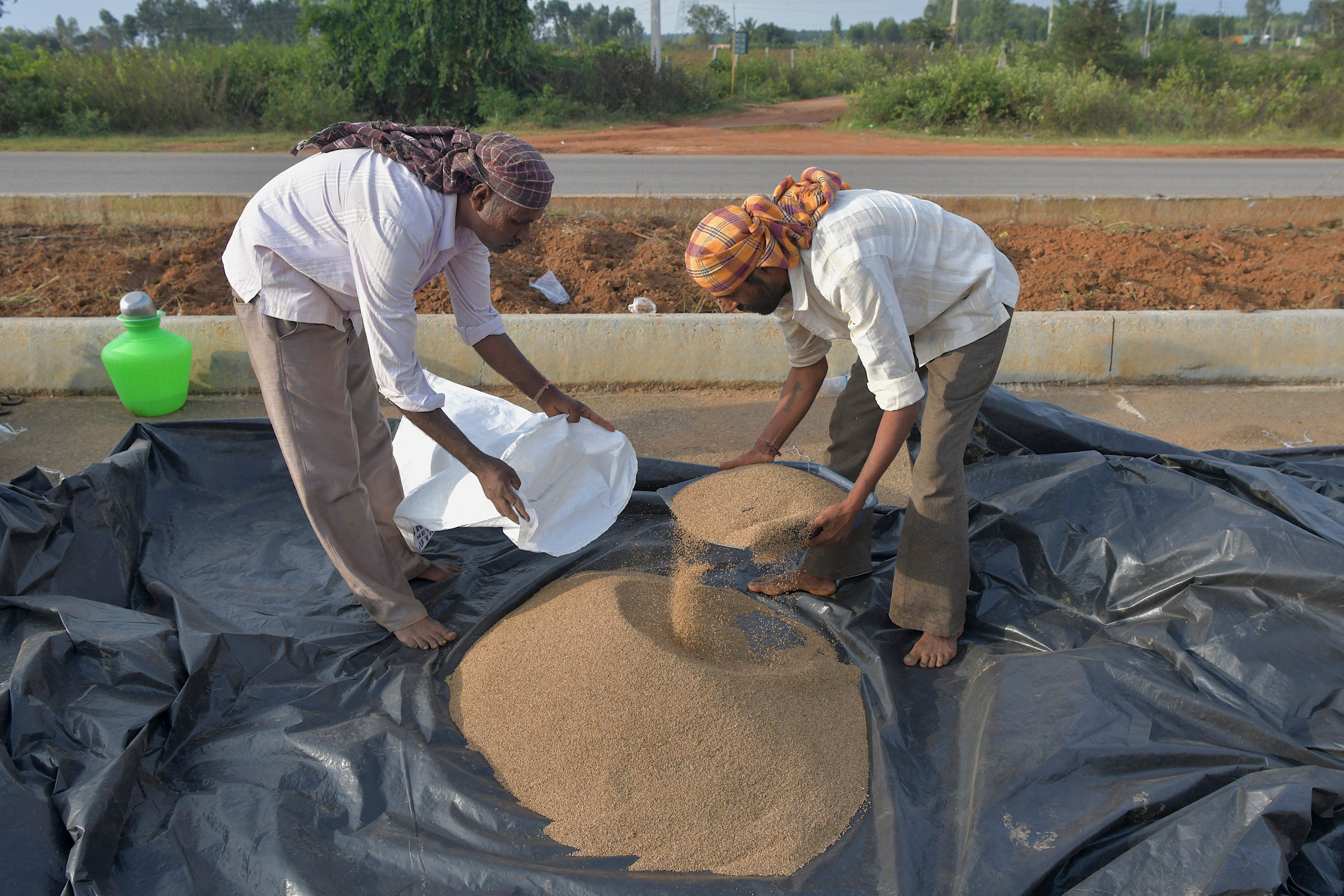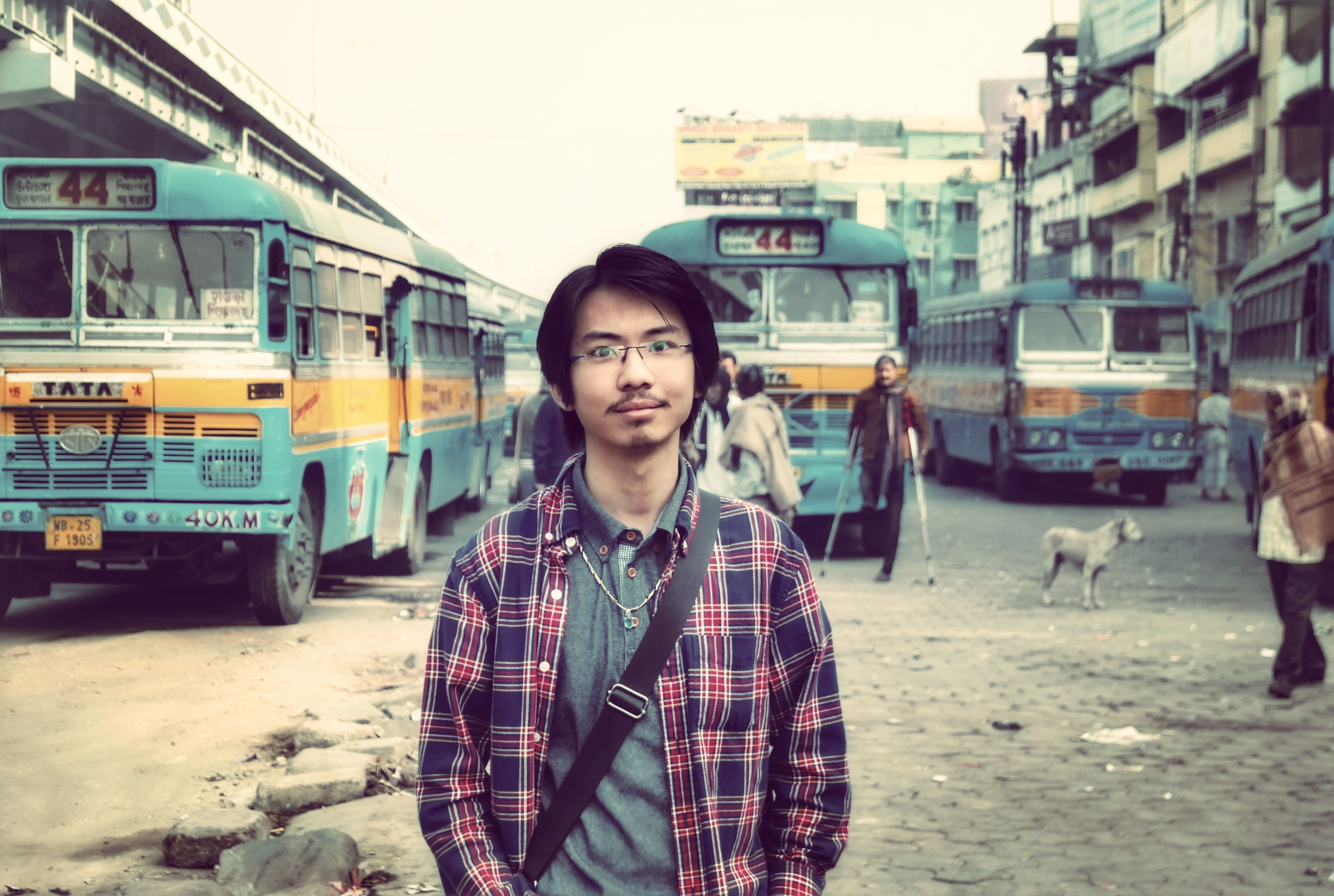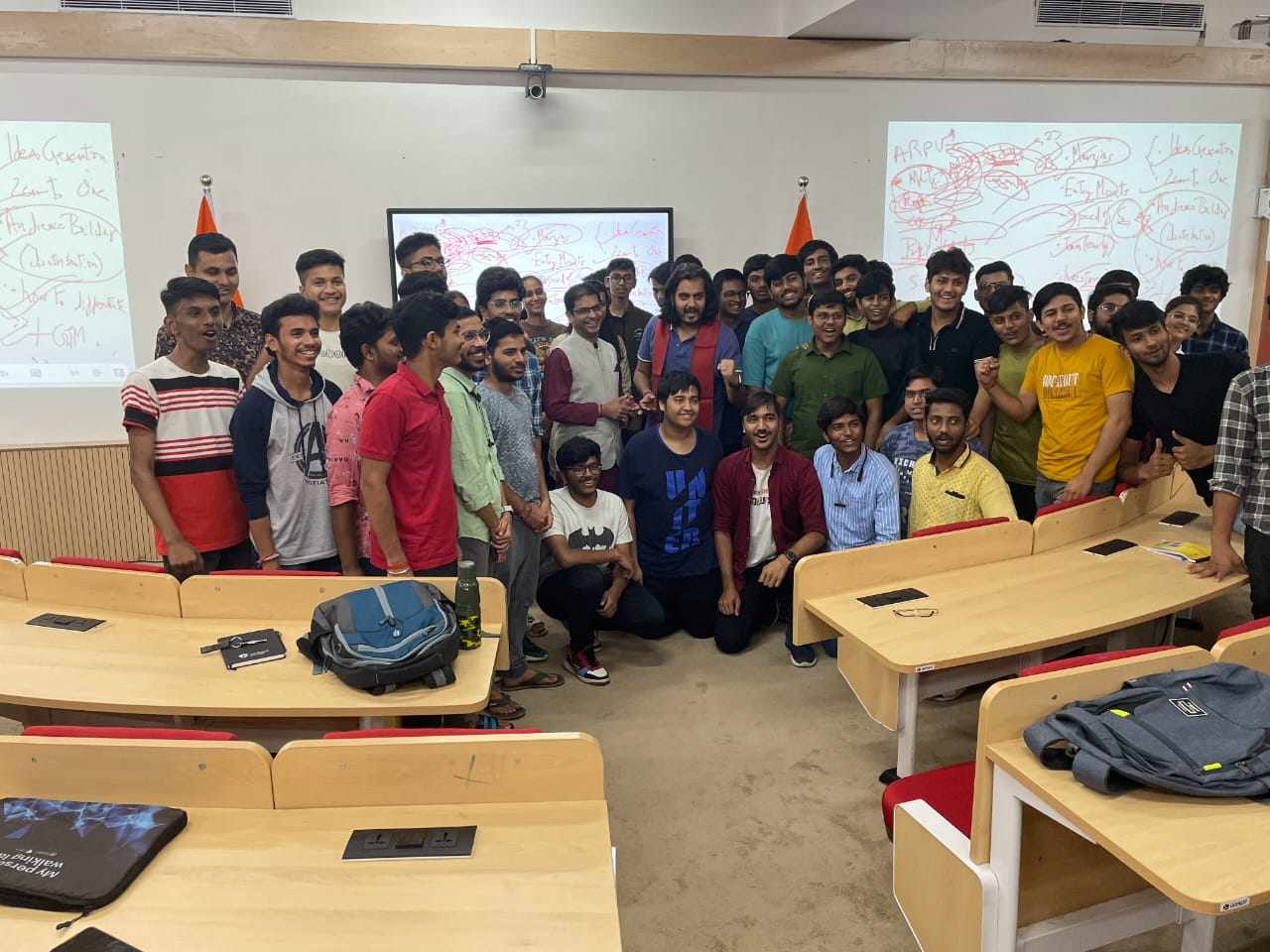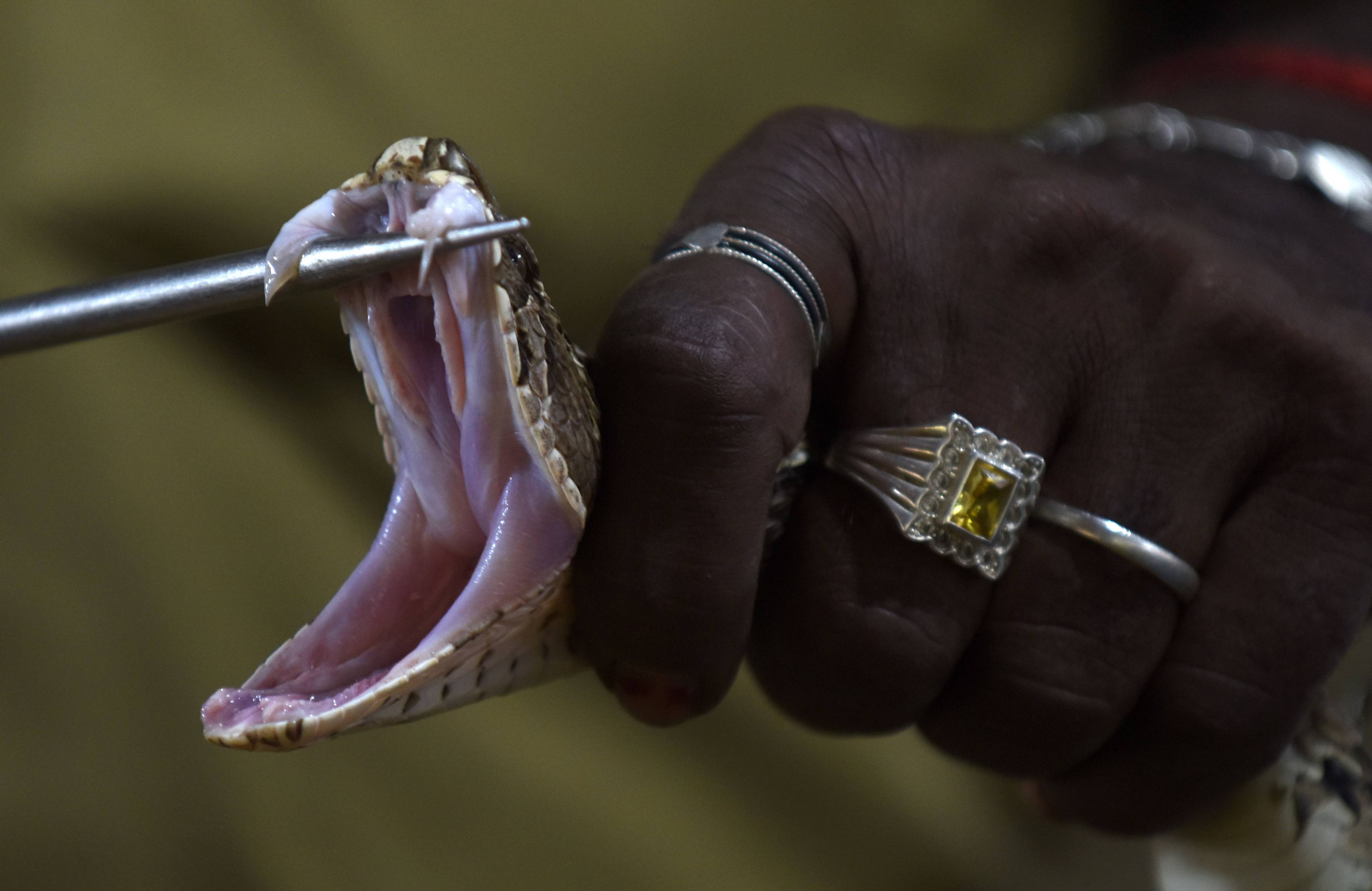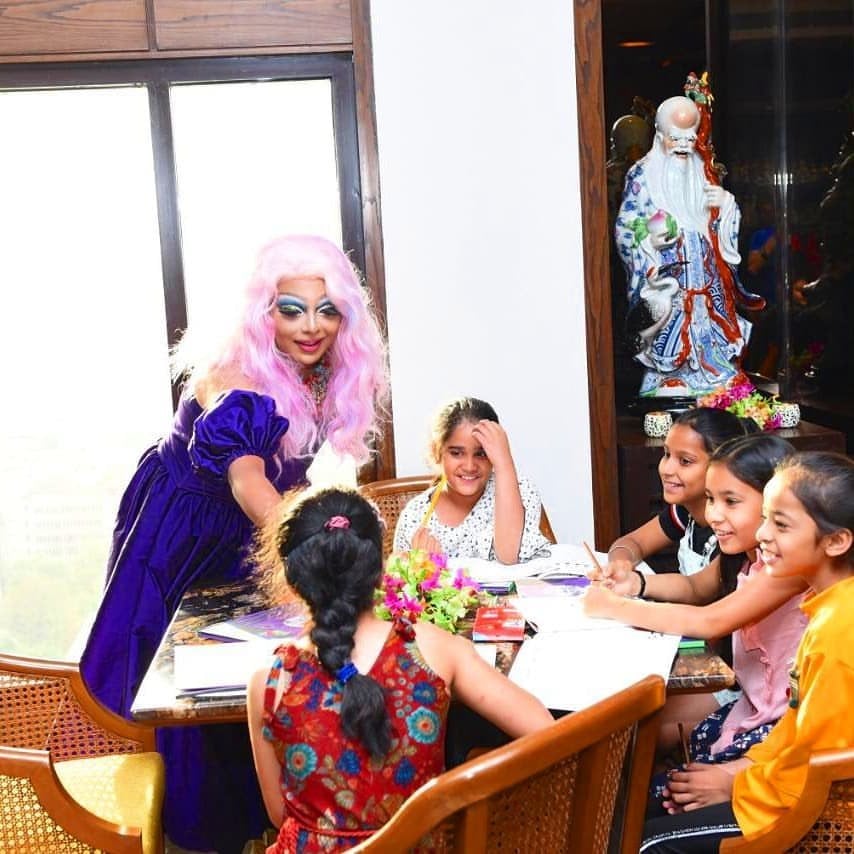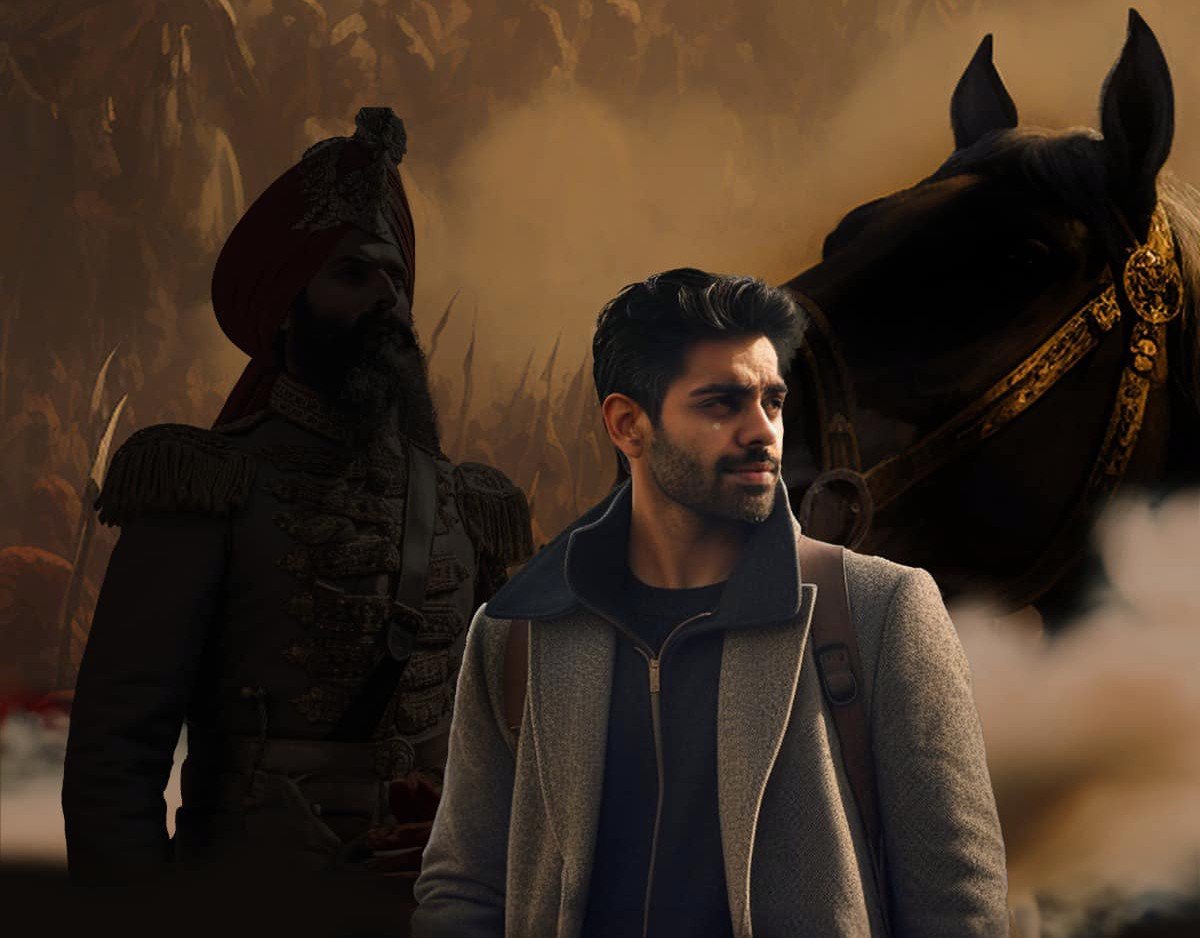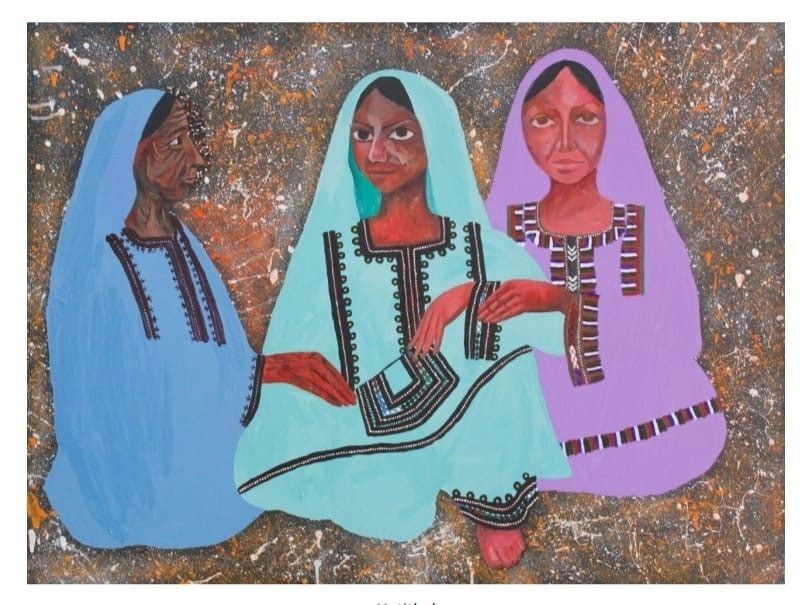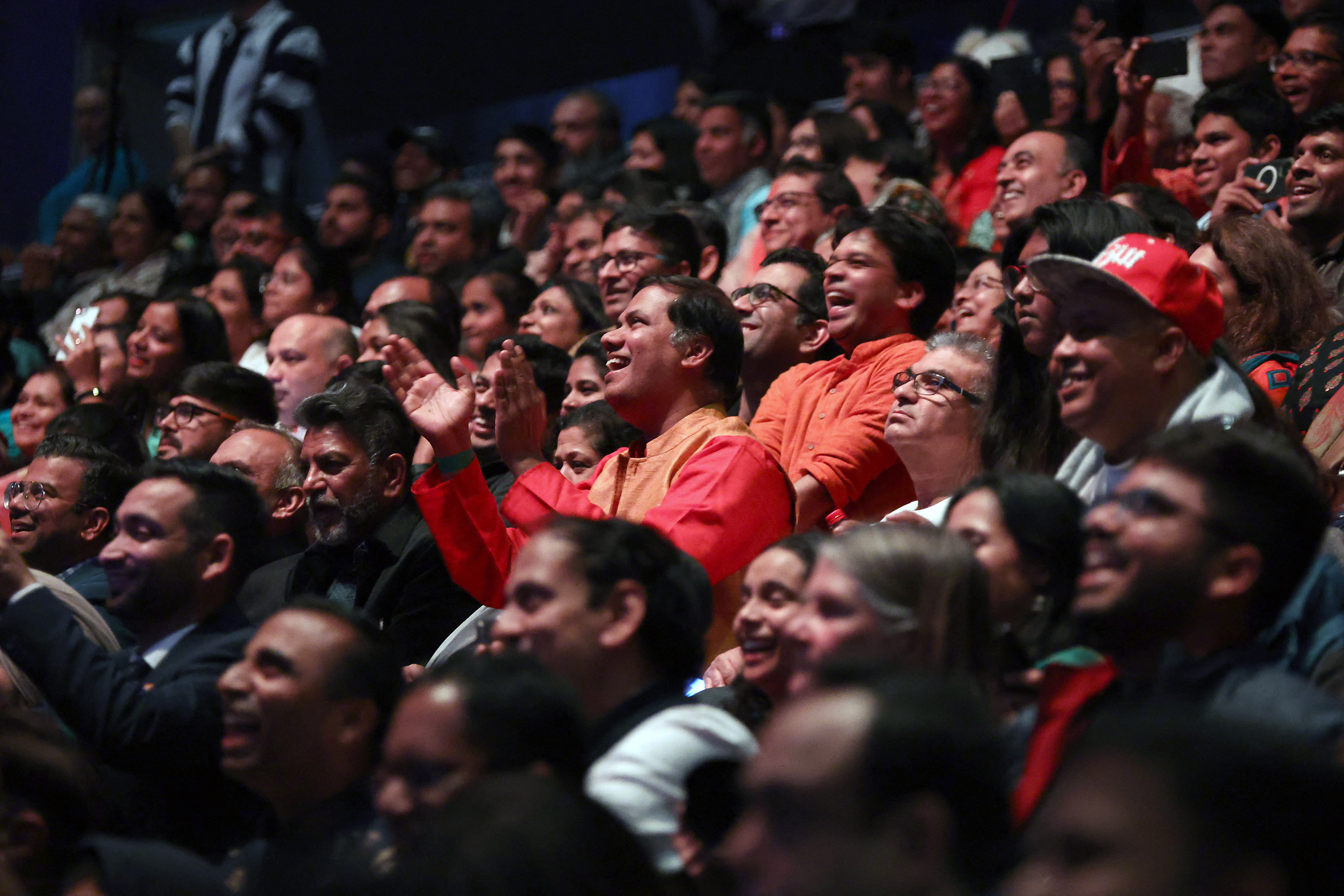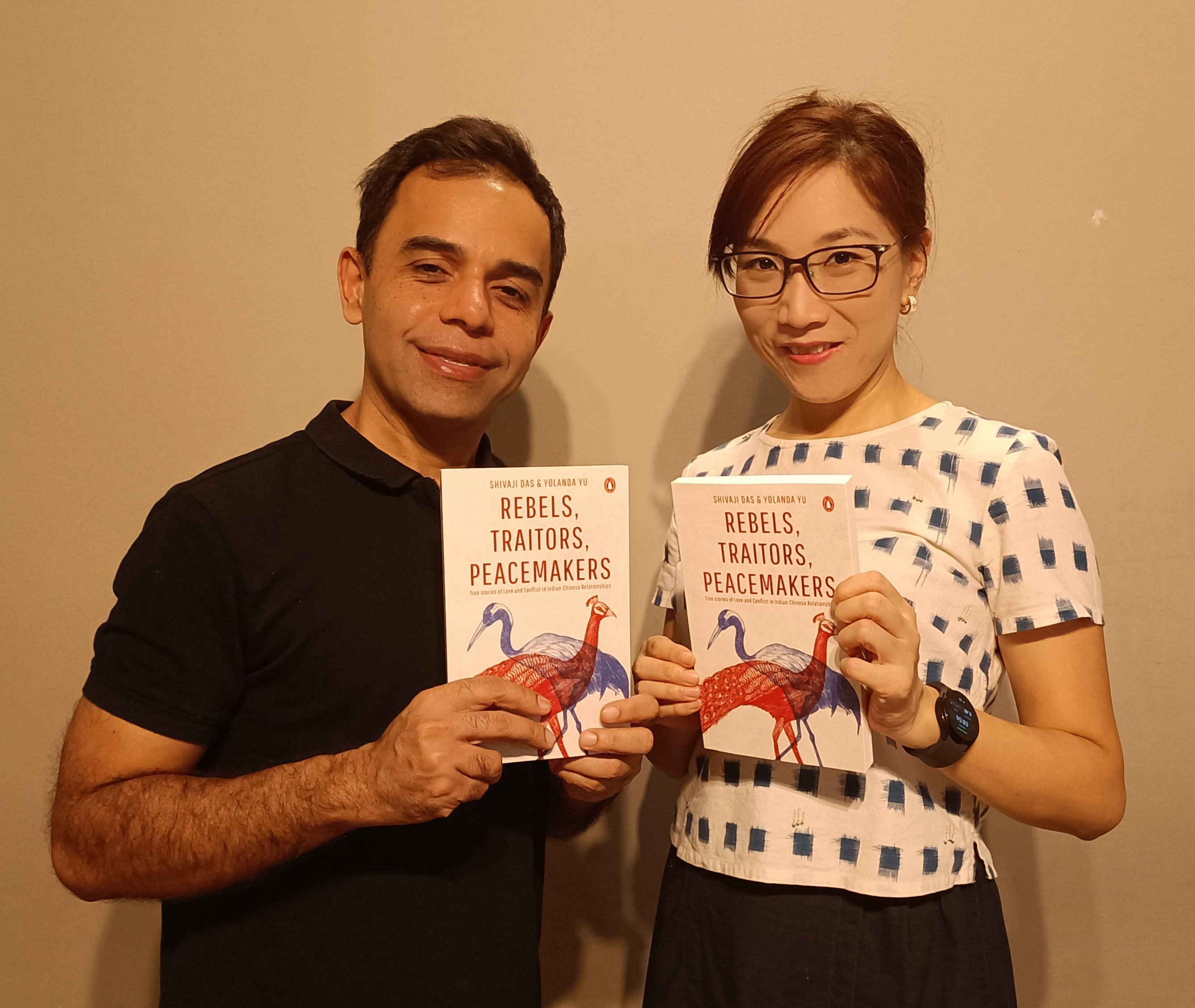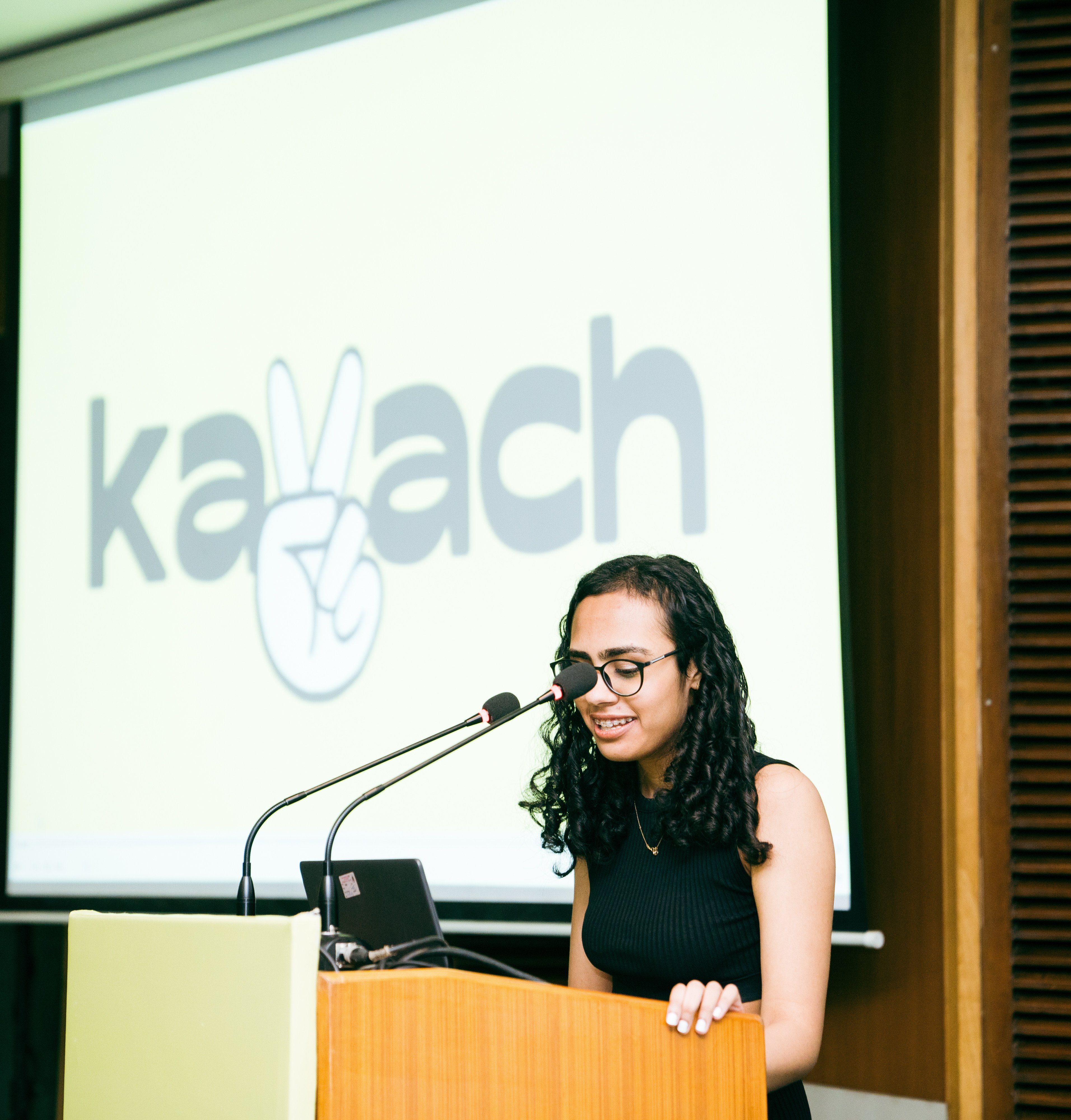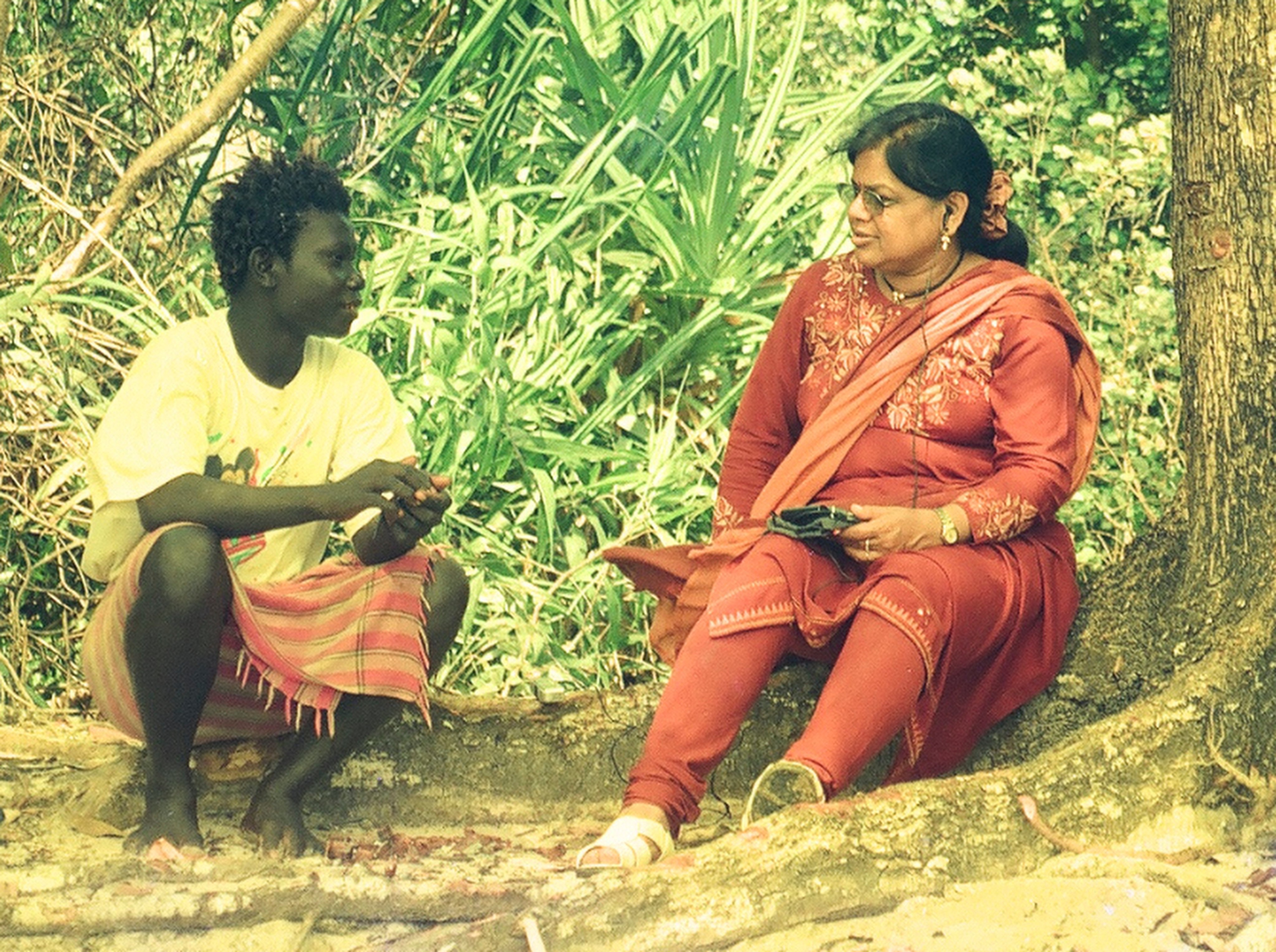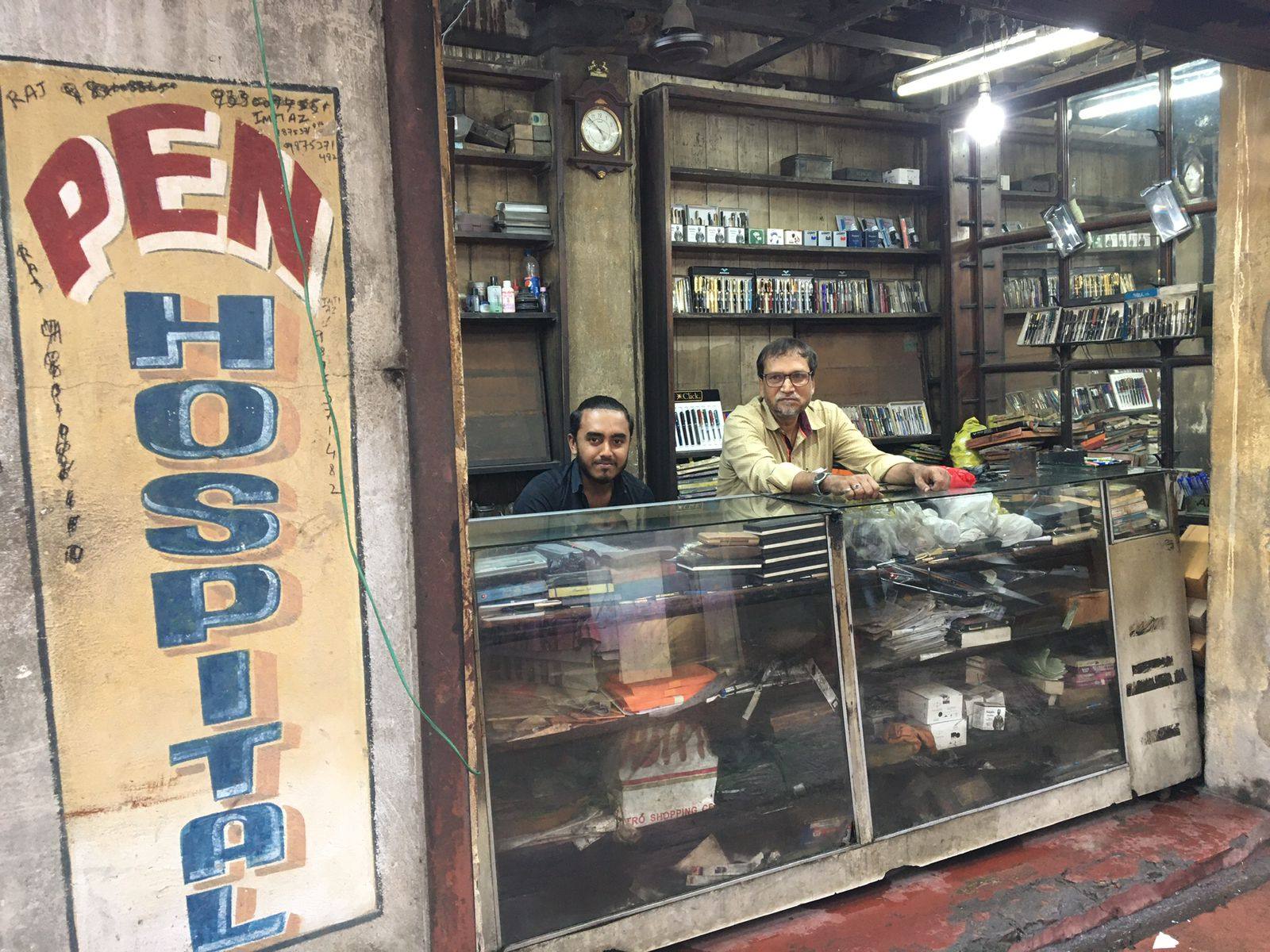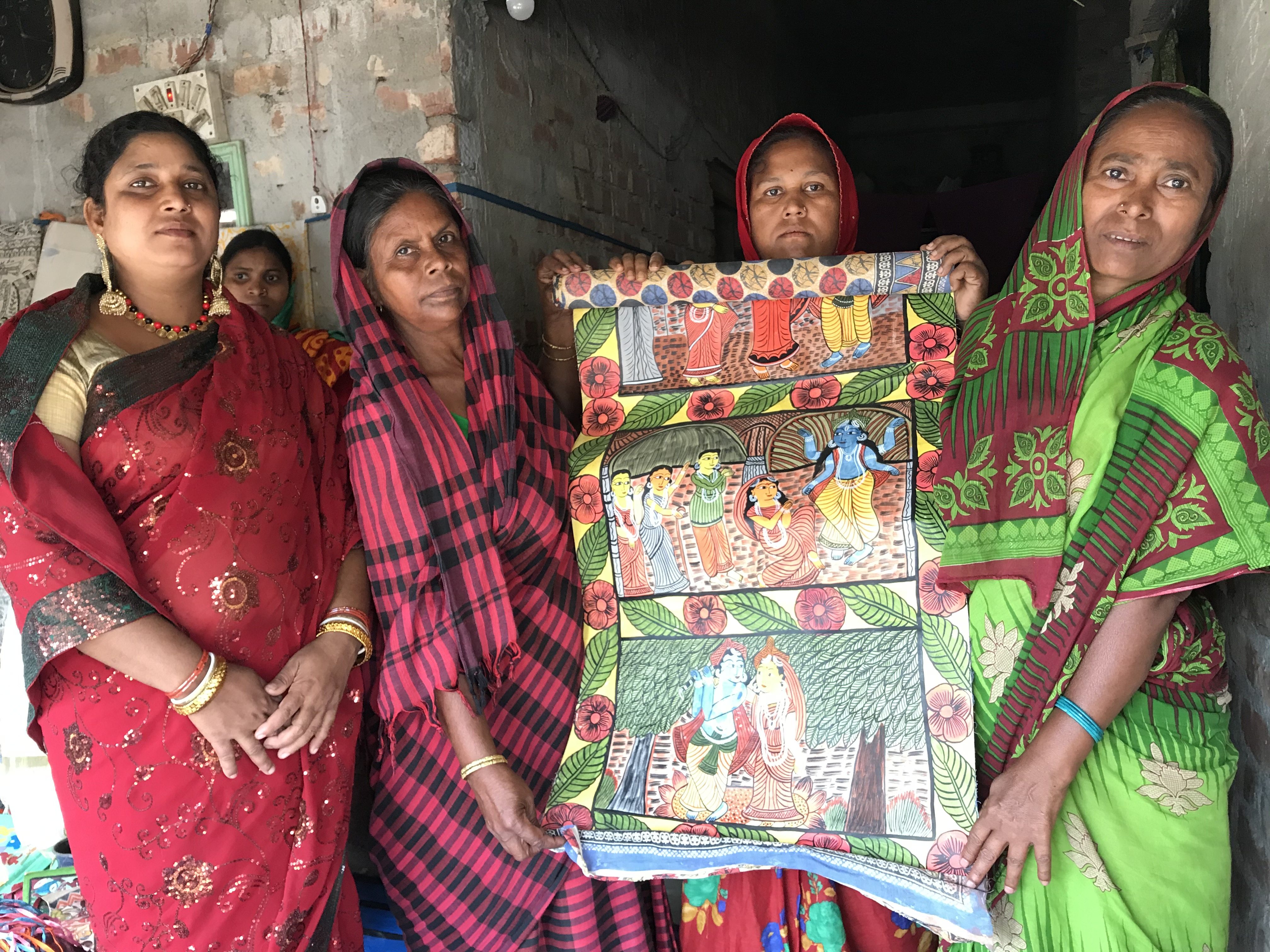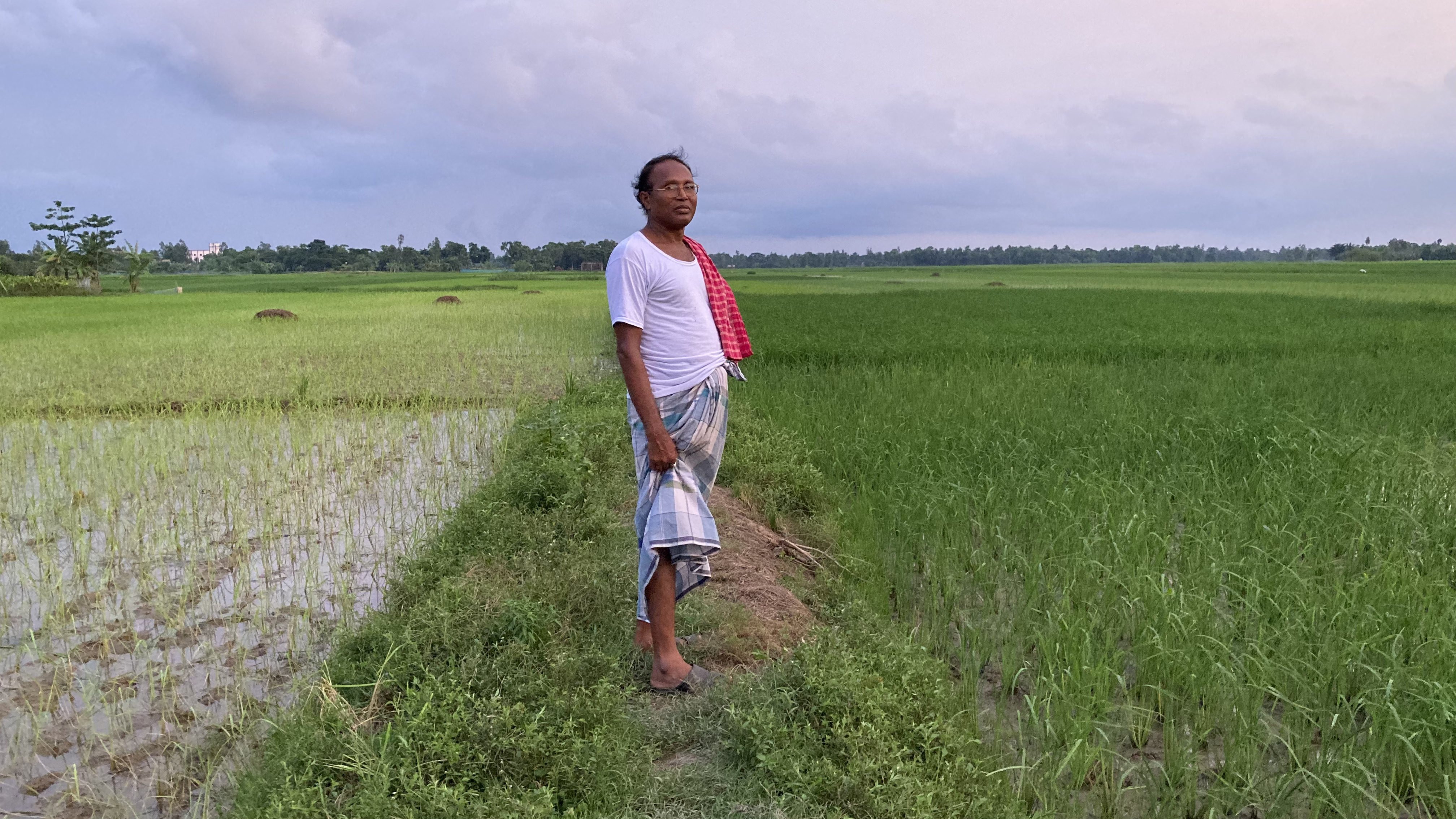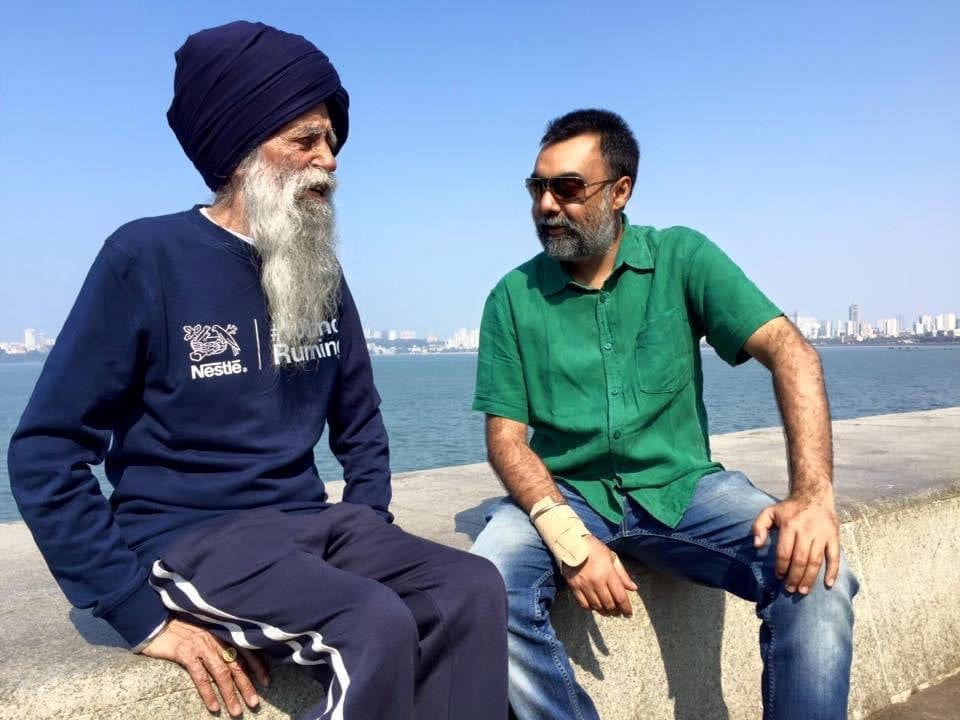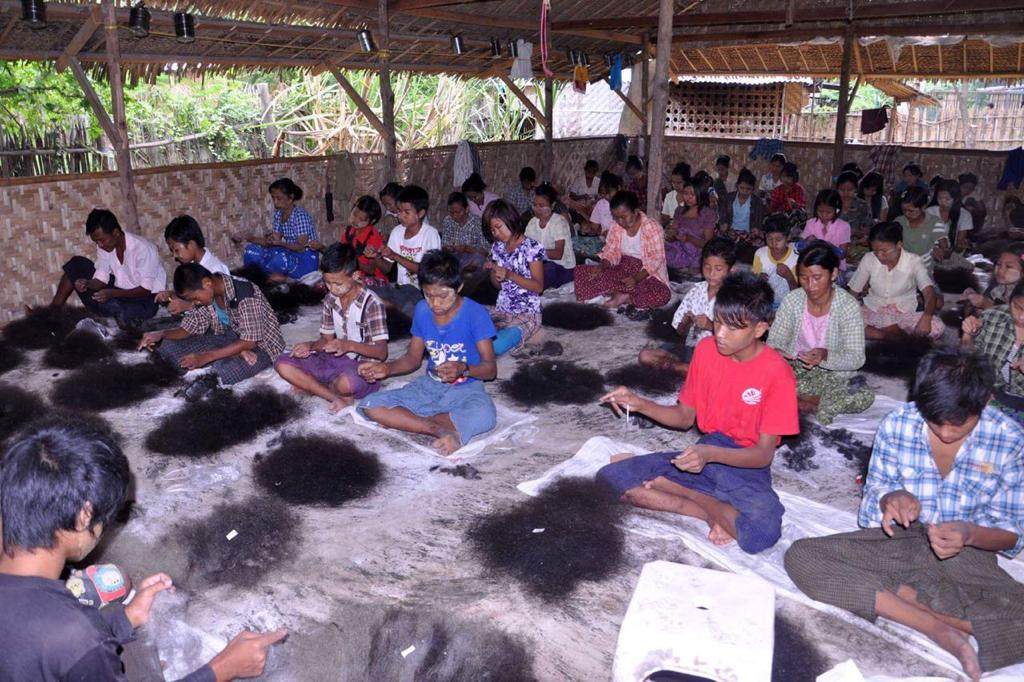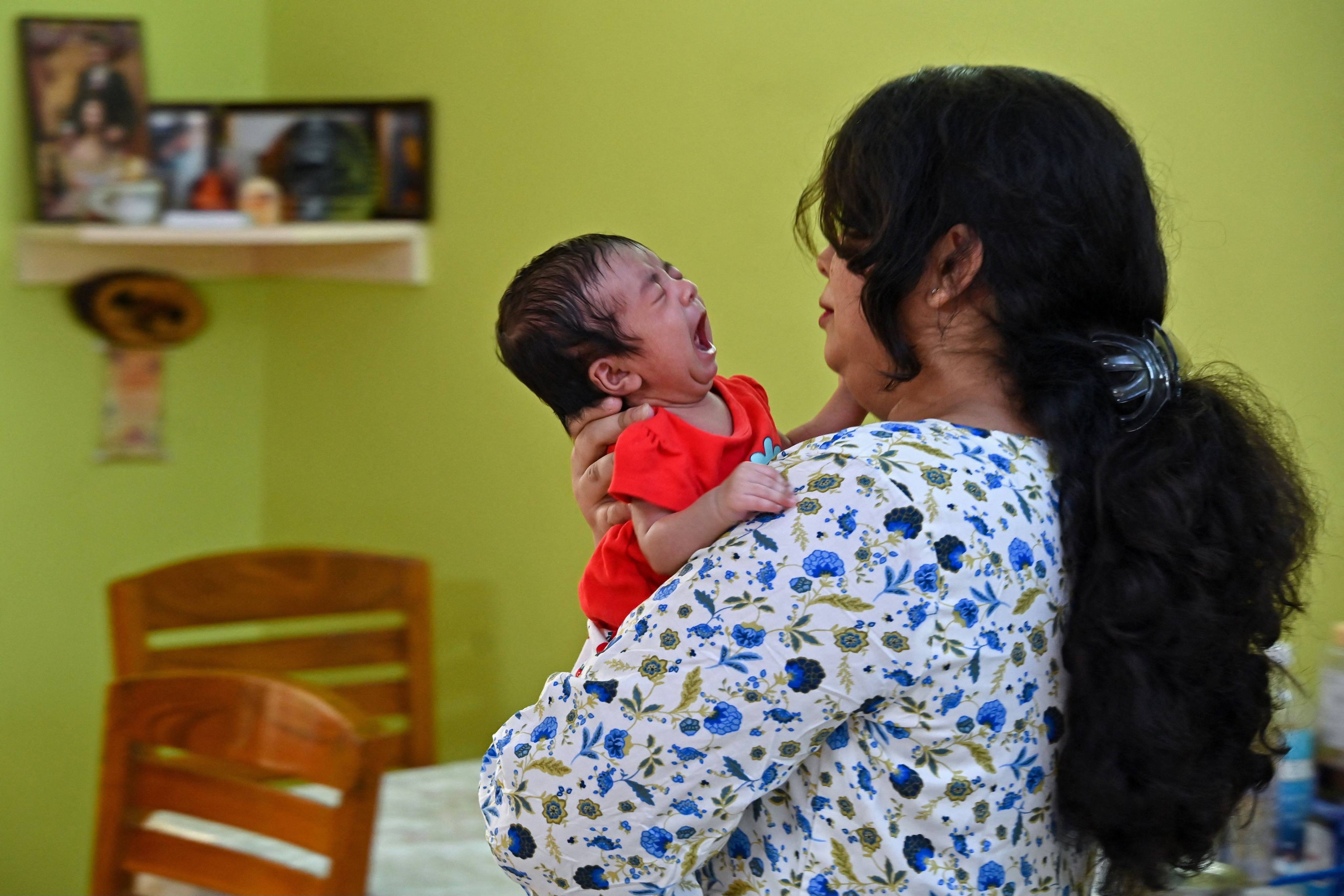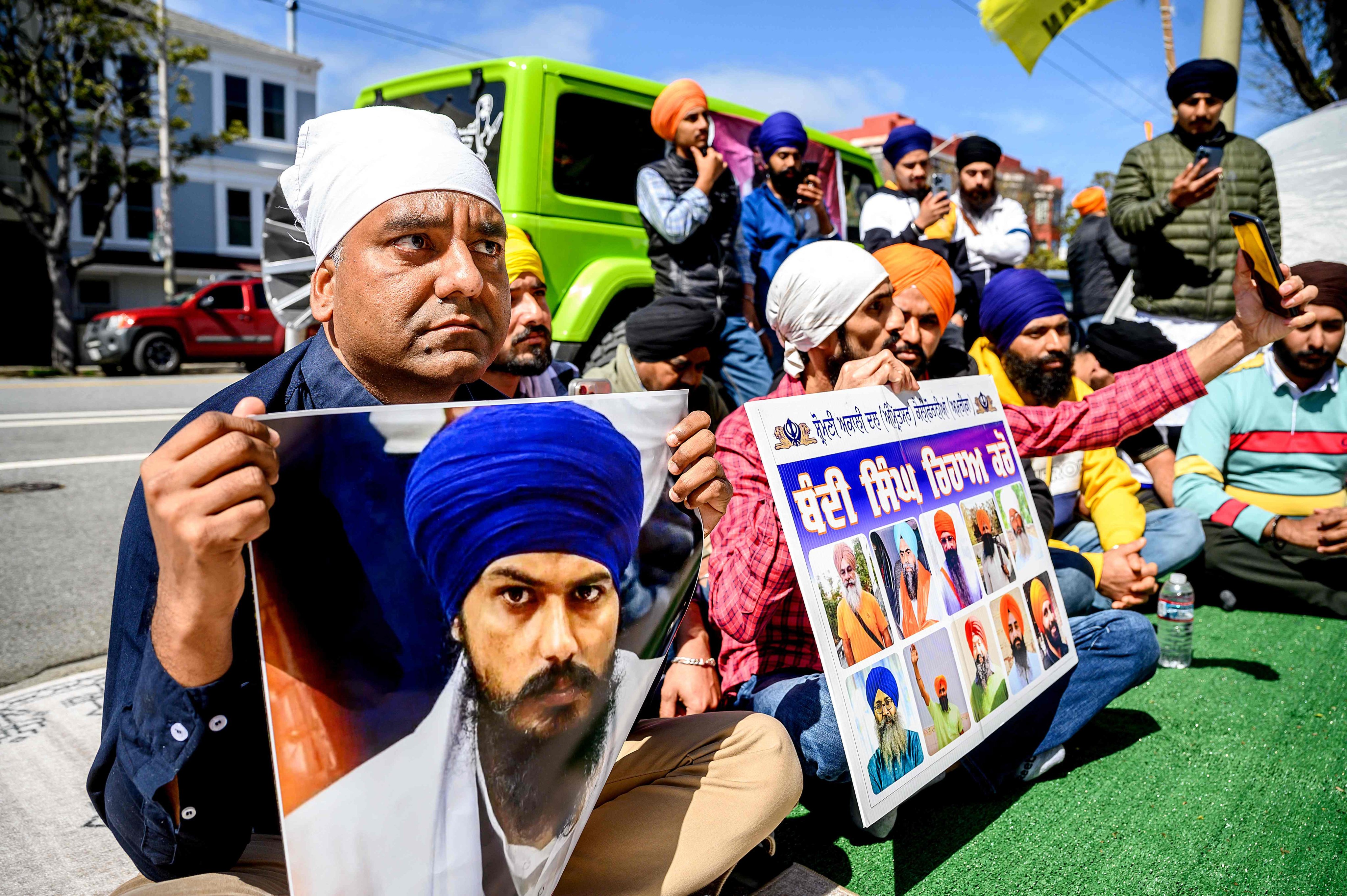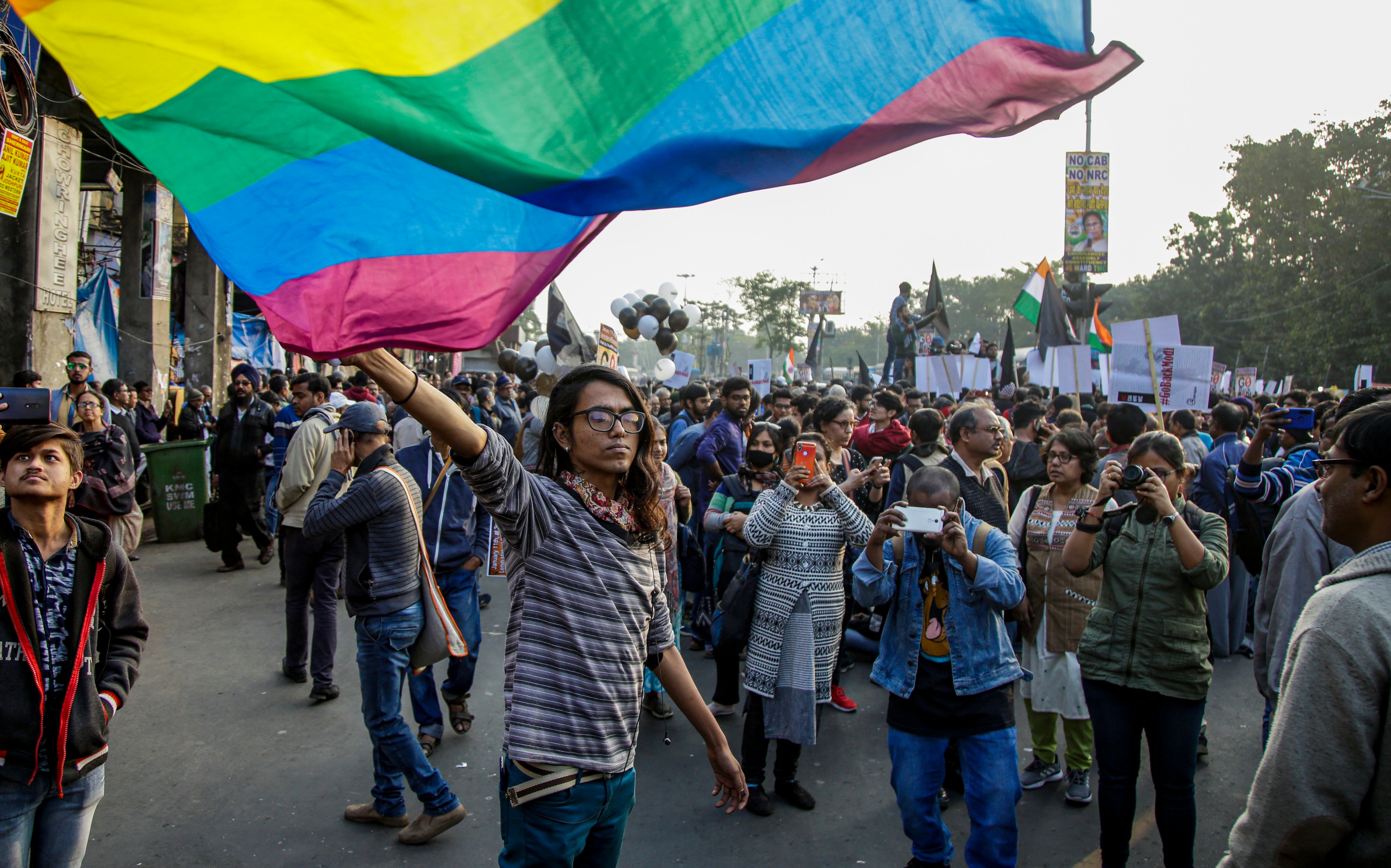Advertisement
Advertisement
Sonia Sarkar
Sonia Sarkar is a journalist based in India for the past 17 years. She writes on human lives, conflict, religion, politics, health and gender rights from South and Southeast Asia. Her work has appeared in a range of international publications including Al Jazeera, British Medical Journal, Ozy.com and Nikkei Asian Review. She loves to travel and considers the world as her "beat."
The framework will help fight caste discrimination by enhancing legal protections in areas such as housing, education and culture.
The gruesome killing of a trainee doctor has left Kolkata’s women grappling with fears for their safety in what was once considered a haven.
A survey found that 51 per cent of India’s EV owners want to switch back to gas and diesel powered vehicles.
Child marriages have become more common in India’s eastern state of West Bengal, accounting for 15.2 per cent of all child marriages in the country.
Advertisement
The predictions of independent weather forecasters are sought after by Indians ranging from students and farmers to wedding planners.
Local guides say a lack of respect for indigenous culture in India is a concern as tourist footfall increases amid plans to build facilities in tribal territory.
A recent survey revealed significant underrepresentation – and lack of public awareness of the diaspora in politics and leadership roles – in a country where Indians form the second-largest migrant group.
Afghan women have been relying on their handicraft skills to feed their families, making products like dresses, carved furniture and jewellery to sell.
Nutritionists say millets could help alleviate Indians’ common health problems such as diabetes and undernourishment.
Opponents of the rule banning public sector employees from wearing religious items at work plan to take their fight to the Supreme Court after a judge refused to quash the law.
The influencers have attracted hundreds of thousands of followers who lap up online videos of them speaking in Bengali
The deaths have cast a spotlight on students from India who are studying in the US, many of whom are from Andhra Pradesh and Telangana.
Indian police say increasing amounts of the toxin have been seized at the Bangladesh border en route to China for use in traditional medicines – and as a rave drug – but venom experts aren’t so sure.
Drag artists say their shows in schools create awareness about equality, prompting kids to ask about pride marches, same-sex marriages and LGBTQ rights.
Unlike Hollywood, India’s film industry is cautiously optimistic about AI due to the lower production costs and doubt that it can replace human creativity.
Pakistan was hit by a wave of militant attacks last year including those targeting China-linked projects in Balochistan.
Despite living thousands of miles away from countries like India and Nepal where the system of hereditary social hierarchy is deeply ingrained, many ‘lower caste’ South Asians say they still can’t escape it.
‘Rebels, Traitors and Peacemakers’ charts how Indian-Chinese couples overcome familial opposition and cultural norms to create new identities for themselves.
A 2022 report found that more than one in every three Indian children had suffered racially motivated cyberbullying, as opposed to one in four worldwide.
Only three Great Andamanese people speak Jero, one of the tribe’s last remaining indigenous languages, as many now struggle to hold onto their traditions and customs.
India has a rich history of fountain pen-making and vintage shops that repair pens of all types for enthusiasts from around the world.
Indian folk painters who sing to narrate the stories depicted in their paintings are using their art to address modern issues – from the climate crisis to India’s moon landing.
In India’s Sundarbans, erratic weather brought on by climate change and evolving farming patterns push farmers to sing songs of loss and resilience.
The Global Sikh Trail aims to promote knowledge and understanding of Sikh culture, and dispel the stereotype of Sikhs being ‘separatists and terrorists’.
Renowned for its wigs and hair extensions, India is the world’s largest exporter of human hair. But processing jobs have been drying up in the South Asian nation, as China-linked smugglers run rampant.
Acknowledging and portraying exasperation, anger of mothers are initial steps to change stereotypes of ‘selfless’ mums who are ‘devoted to families’.
‘We wanted to reconnect with nature and go back to being part of the web of life … a mud house added to this process’.
Police said Amritpal Singh, who is trying to revive a separatist movement calling for an independent Sikh homeland in Punjab, has been on the run since Saturday when officers tried to block his motorcade and arrest him.
India struck down a colonial-era ban on homosexuality in 2018 but the socially conservative country of 1.4 billion has to be more accepting.
ScrapFest was due to take place in Karachi this month but permission was suddenly denied by the high court.

